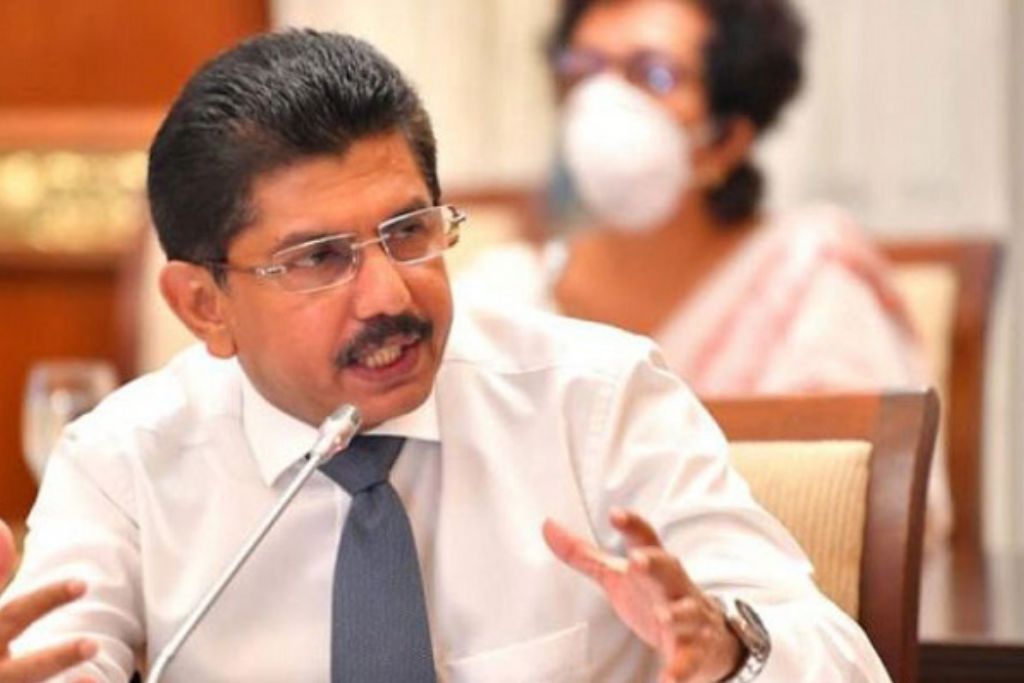According to World Health Organization (WHO) data, there has been an increase in SARS-CoV-2 virus activity globally since February 2025. The international respiratory disease surveillance system has also reported a rise in COVID-19 cases in several countries worldwide, particularly in certain Asian nations, over the past few months.
The WHO officially declared the end of the global COVID-19 pandemic in May 2023. Since then, COVID-19 has been considered a common respiratory illness.
It’s normal for the SARS-CoV-2 virus to undergo genetic mutations as it spreads. The variant currently reported in several countries worldwide has been identified as a sub-lineage of the genetic variant that was also reported in 2024. This variant was also observed in Sri Lanka in 2024.
“The current situation of COVID-19 disease”
Samples tested by the Medical Research Institute (MRI) in May 2025 were also identified as belonging to these same sub-lineages. Therefore, these are not new genetic variants, and no more severe conditions or complications have been reported due to them.
According to Sri Lanka’s respiratory disease surveillance system, the average percentage of SARS-CoV-2 virus detection in Sri Lanka during 2024 was 3% of samples from patients with respiratory illnesses. This increased to 9.6% in May of that year. So far this year, the average percentage of SARS-CoV-2 virus detection is around 2%, showing a slight increase at present.
Accordingly, similar to May 2024, an increase in reported COVID-19 cases is observed in May 2025. However, according to the WHO, there is no pre-determination regarding the future behavior of this virus, and its observation remains at a research level.


Compared to the past few years, an increase in diseases like influenza is typically observed during this period under the prevailing weather conditions. Health authorities are constantly monitoring the spread of the disease. Therefore, the public should not harbour unnecessary fear about this.
There’s no need to unnecessarily panic and seek hospital admission if you have a fever or cold symptoms at this time. However, if an individual experiences difficulty breathing along with a respiratory illness, it is necessary to go to a hospital.
Nevertheless, it’s important to maintain good health habits, including respiratory hygiene, to protect yourself from all respiratory illnesses, including COVID-19 and influenza. These practices include: Covering your mouth and nose with your elbow or a tissue when sneezing or coughing. Avoiding unnecessary touching of your face. Washing your hands frequently or cleaning them with a disinfectant solution. Avoiding touching your face with unwashed hands.
Furthermore, if someone is suffering from a respiratory illness, it’s advisable for that person to wear a face mask to prevent infecting others and to avoid unnecessarily crowded places.
Special attention should be given to protecting high-risk groups from the disease. These groups include the elderly, pregnant women, infants, and individuals suffering from chronic diseases such as heart disease, long-term respiratory diseases, diabetes, kidney disease, cancer, and individuals taking medications that suppress their immune system for certain medical conditions.
Dr. Anil Jasinghe
Secretary Ministry of Health and Mass Media